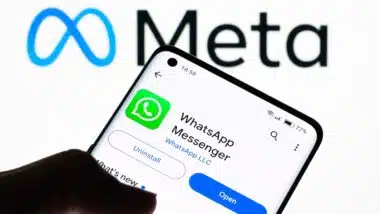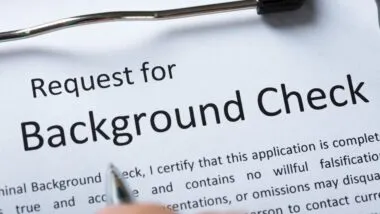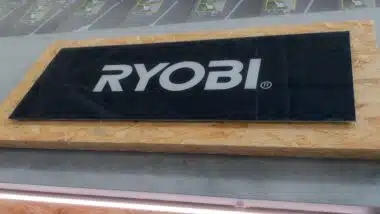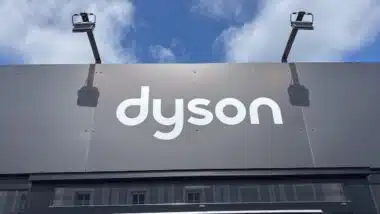![]() A Massachusetts resident has filed a $5 million text message class action lawsuit against Twitter Inc. for mass violations of the Telephone Consumer Protection Act (TCPA).
A Massachusetts resident has filed a $5 million text message class action lawsuit against Twitter Inc. for mass violations of the Telephone Consumer Protection Act (TCPA).
The TCPA bans companies such as Twitter from sending automated short message service text messages to cellphones without first obtaining consent, according to the text message spam class action lawsuit, which seeks to represent hundreds — if not thousands — of individuals and entities.
Twitter is a free online social networking service that allows users to post messages called “tweets” that can be read by other Twitter users. One way that users can view Tweets is as text messages, which they sign up to receive by giving Twitter their cell phone numbers. Sometimes, however, users change phone numbers and those number are reassigned to other people without Twitter’s knowledge.
Plaintiff Beverly Nunes alleges in the text message class action lawsuit that shortly after she activated her new cell phone, she began receiving text messages from Twitter. Nunes claims that in December 2013, she responded to two of the messages in an effort to prevent further messages. However, she did not reply in a valid format and continued to receive text messages from Twitter.
Nunes is filing the text message spam lawsuit because she alleges that as a new holder of the phone number, only her consent matters. She accuses Twitter, which is headquartered in San Francisco, of collecting and storing user data — including user cellular telephone numbers — for the purpose of sending automated en masse text messages on its and the users’ behalf.
Twitter claims that the texts were not sent using an “automated telephone dialing system or an artificial or pre-recorded device” and were sent with the “prior consent of the called party.” Therefore, sending texts to Nunes’ cell phone did not violate the TCPA because advance consent from the intended recipient was received. Twitter has filed a motion to dismiss Nunes’ class action lawsuit.
What is the Telephone Consumer Protection Act?
The TCPA became law in 1991 to curtail certain kinds of invasive telemarketing practices. The TCPA was a merging of two bills in Congress, and it deals with several distinct issues:
- Use of automated dialing equipment and prerecorded messages
- Telemarketing calls using “live” callers
- Facsimile (fax) transmissions
In 2003, the Federal Communications Commission (FCC) amended its rules under the TCPA to implement the national Do-Not-Call list.
Under the TCPA, people who have received telemarketing calls, unsolicited faxes, prerecorded calls, or autodialed calls to cellphones may file TCPA class action lawsuit (in their local state court, including in small claims court) against the person or company making those calls if they violate the TCPA.
The federal regulation provides statutory damages, generally from $500 to $1500 for each violation, which are paid to the consumer. A number of court challenges to parts of the TCPA have been brought. All failed.
Nunes is seeking all actual damages and statutory damages of $500 per text message for Twitter’s alleged violation of the TPCA and all reasonable court costs. She has demanded a jury trial.
The TCPA Twitter Lawsuit is Beverly Nunes v. Twitter Inc. Case No. 3:14-cv-02843-VC, in the U.S. District Court for the Northern District of California, San Francisco Division.
Join a Free TCPA Class Action Lawsuit Investigation
If you were contacted on your cell phone by a company via an unsolicited text message (text spam) or prerecorded voice message (robocall), you may be eligible for compensation under the Telephone Consumer Protection Act.
ATTORNEY ADVERTISING
Top Class Actions is a Proud Member of the American Bar Association
LEGAL INFORMATION IS NOT LEGAL ADVICE
Top Class Actions Legal Statement
©2008 – 2025 Top Class Actions® LLC
Various Trademarks held by their respective owners
This website is not intended for viewing or usage by European Union citizens.














